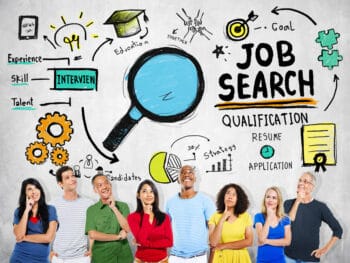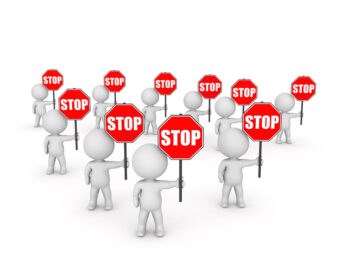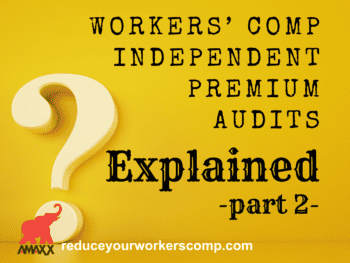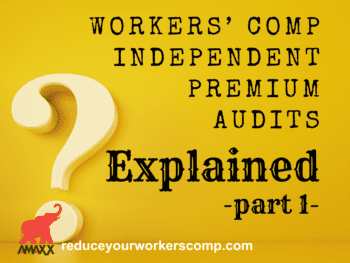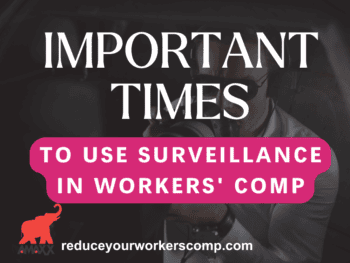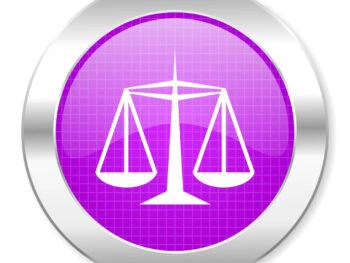
Develop Expertise and Stay Updated
Workers’ compensation is an ever-changing set of laws and regulations that requires all interested stakeholders to stay updated on legal changes. Other complications can include handling claims in multiple jurisdictions.
- Understand applicable laws and regulations: Claim handlers should have a solid understanding of workers’ compensation laws and regulations specific to their jurisdiction. Staying up-to-date with any changes or updates is essential for accurate claim handling.
- Continuously improve technical knowledge: Regular training and professional development help claim handlers stay current with industry best practices, medical advancements, and legal updates related to workers’ compensation.
Taking advantage of legal seminar offerings from trade organizations and law firms is essential. This is a must even if you are not required to attend continuing education to maintain your licensures.
Click Link to Access Free PDF Download
Effective Communication
Effective communication is a vital component of a claim handler’s job. Implementing best practices can improve job performance and communication with injured employees and other stakeholders.
- Timely and clear communication: Responding to injured workers, employers, medical providers, and legal representatives is essential. Clear and concise communication helps manage expectations and ensures that all parties are informed throughout the claims process.
- Active listening and empathy: Claim handlers should demonstrate empathy and active listening skills when interacting with injured workers. Understanding their concerns and challenges fosters trust and helps create a positive experience.
Thorough Investigation and Documentation
If something is not documented – it did not happen. Claim handlers maintain essential business documents. Document; document; document!
- Comprehensive claim investigation: Conducting thorough investigations is crucial to determine the validity of a claim and the extent of an injured worker’s injuries. Gathering and documenting all relevant information ensures accuracy in decision-making.
- Accurate and detailed documentation: Maintaining detailed records of all communications, medical reports, and claim-related activities is vital. Clear documentation helps maintain a comprehensive claim history, facilitates collaboration, and ensures compliance with legal requirements.
Documentation takes time but will pay dividends in the life of a claim. When done correctly, it will also paint a clear picture of a claim and allow others to assist when seeking settlement options.
Efficient Claim Management
An effective claim handler is a strong advocate for the file and insured. The handler must manage the claim effectively to reduce program costs.
- Establish transparent workflows and processes: Implementing structured workflows and processes ensures consistency and efficiency in claim handling. Standardizing procedures helps avoid delays and reduces the risk of errors.
- Proactive case management: Regularly reviewing claims and proactively identifying potential issues or challenges allows for timely intervention. Early identification and resolution of obstacles can prevent delays and improve claim outcomes.
Handling workers’ compensation claims is challenging, given the numerous deadlines that can impact the direction of a claim. These include a determination of primary liability and filing various pleadings and responses. Proactive practices will streamline the process and ensure a time limit is not missed.
Collaboration and Partnerships
Often one person will not have all the answers. That is why a claim hander must develop relationships and draw on the experience of the collective whole.
- Foster relationships with medical providers: Building positive relationships with healthcare professionals helps facilitate timely and appropriate medical treatment for injured workers. Collaboration with medical providers can improve outcomes and a smoother claims process.
- Work with employers and legal representatives: Collaborating with employers and legal representatives can help resolve disputes, facilitate return-to-work initiatives, and promote cooperation to achieve mutually beneficial outcomes.
Being “likable” will pay dividends when handling workers’ compensation claims.
FREE DOWNLOAD: “Step-By-Step Process To Master Workers’ Comp In 90 Days”
Conclusions
Effective workers’ compensation claim handling requires technical expertise, strong communication skills, and a commitment to delivering timely and compassionate service. By following best practices such as developing expertise, effective communication, thorough investigation and documentation, efficient claim management, collaboration, and continuous improvement, claim handlers can ensure that injured workers receive the benefits they deserve while maintaining compliance with laws and regulations. Embracing these best practices fosters positive outcomes for injured workers, promotes trust, and contributes to a fair and efficient workers’ compensation system.

Contact: mstack@reduceyourworkerscomp.com.
Workers’ Comp Roundup Blog: http://blog.reduceyourworkerscomp.com/
©2023 Amaxx LLC. All rights reserved under International Copyright Law.
Do not use this information without independent verification. All state laws vary. You should consult with your insurance broker, attorney, or qualified professional.
FREE DOWNLOAD: “Step-By-Step Process To Master Workers’ Comp In 90 Days”

